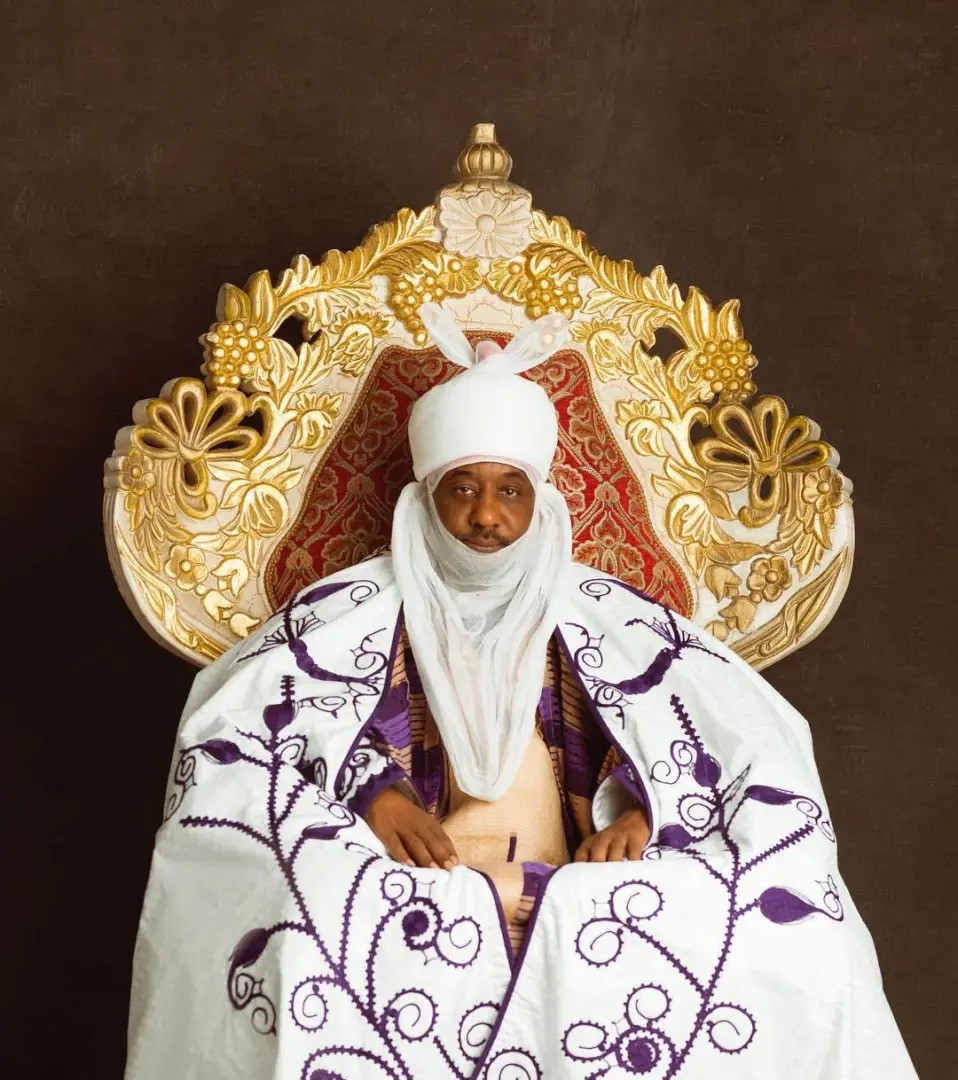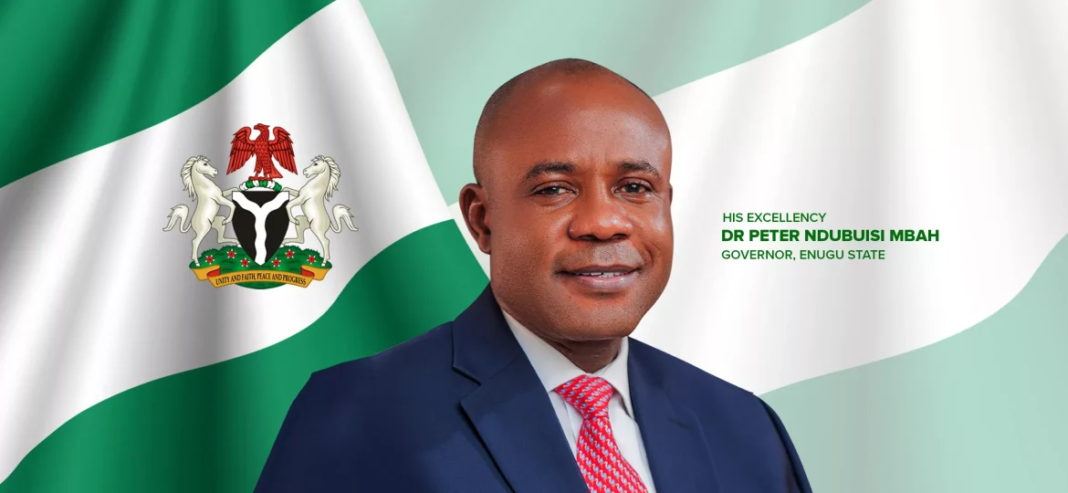The recent successful completion of the PhD viva by the 16th Emir of Kano, Muhammadu Sanusi II, is not only a source of joy but also an inspiration to every seeker of knowledge. As an academic with a deep passion for contemporary Islamic issues since my first day as an undergraduate, I find this achievement particularly significant.
Over the years, I have read a series of articles by Muhammadu Sanusi II on topics such as Democracy, Human Rights in Islam, Gender, Sharia, Islamic Studies and Philosophy, Women and Politics, and Sharia in Northern Nigeria. While I have agreed with many of his positions, I have also found myself in disagreement with some, such as in the case of his work, “The Adulteress Diary,” which I came across some 13 years ago as a budding writer, despite it being written by the monarch in 2001.
I have also found myself at odds with Sarkin Kano Muhammadu Sanusi over his exchange of words with the late Sheikh Jafar Mahmud Adam, of blessed memory. Nevertheless, I have always been forthright in acknowledging the Emir’s intellectual prowess. His recent PhD defense at the School of Oriental and African Studies, University of London, which he completed without requiring corrections, speaks volumes about his brilliance and intellect.
The Emir’s ability to address and propose solutions to contemporary Islamic issues is both timely and crucial—after all, the essence of academic research is to identify problems and offer solutions. Since his ascension to the throne of Dabo in 2014, Sanusi has been a vocal critic of various socio-economic issues in Kano.
He has been particularly disturbed by the high rates of divorce, domestic violence among couples, and irresponsible parenting. Sanusi is a scholar known for his outspoken nature, and while he has impressed many with his calls for social reforms, he has also upset others.
His PhD thesis, titled: ‘Codification of Islamic Family Law as an Instrument of Social Reform: A Case Study of the Emirate of Kano and Comparison with the Kingdom of Morocco’, promises to provide a valuable guide toward implementing Islamic Family Law to achieve social reforms in our society.
Many people shirk their family responsibilities, using poverty as an excuse, yet this does not prevent them from continuing to have children despite the challenging economic situation. Domestic violence has become disturbingly common, with couples engaging in physical fights due to ignorance.
Both husbands and wives have responsibilities, but a lack of enlightenment in our society has allowed these issues to persist. Such cases are now rampant in our courts, police stations, and Emir’s palaces. Often, these disputes are first settled by local leaders known as Dagatai and Masu Unguwanni.
These and many other issues underscore the need for the application of Islamic family law as a tool for social reform. His Highness’ versatility and deep understanding of these matters prompted him to choose this area for his PhD research. His work has also inspired me to pursue my PhD in an area that will provide solutions and serve as an instrument for social reform in our society.
Students of knowledge like myself will eagerly read this thesis to learn from a scholar of such repute. The Kano State government and the Commissioner of Religious Affairs would do well to study this thesis, to understand the problems and implement the solutions proposed by Sanusi the king, Sanusi the scholar.
Long Live Dr. Sanusi Lamido Aminu Sanusi.
By Adnan Mukhtar
Mr Mukhtar, ANIPR, is a political PR consultant. He teaches Islamic History, Culture, and Civilization at Federal University Dutsin-Ma.




